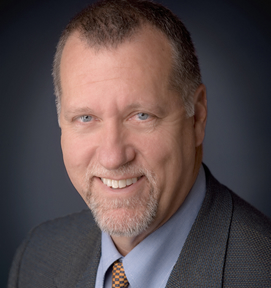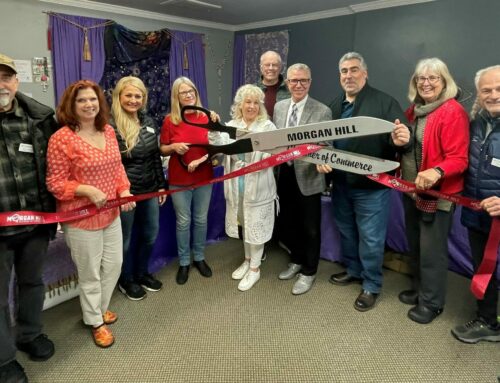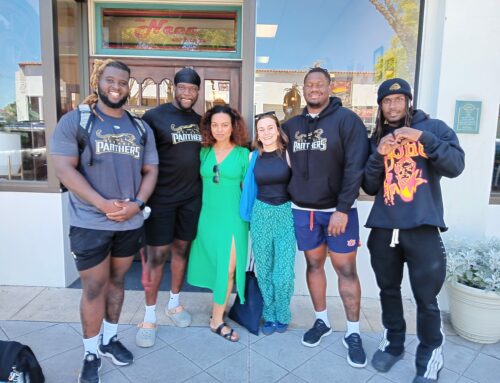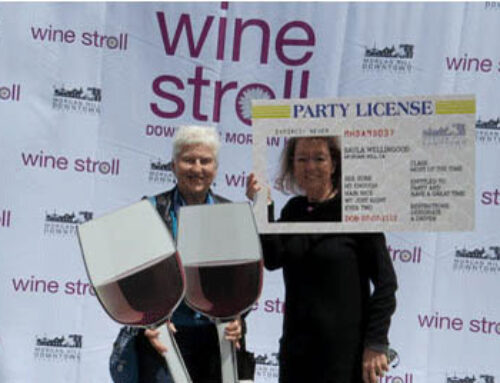[et_pb_section admin_label=”section”]
[et_pb_row admin_label=”row”]
[et_pb_column type=”4_4″]
[et_pb_text admin_label=”Text”]
Published in the August 2 – August 15, 2017 issue of Morgan Hill Life

James Ward
Giving money away intentionally can be wonderful. People often give gifts to their family members, or to their favorite charities. It’s nice. Sometimes they don’t simply give it away, but they spend it on themselves or their family. That’s also nice.
But what about when someone gets scammed and loses the money, or someone spends the money for something without knowing that they didn’t have to spend it? Imagine if you paid for four tires, and one year later you found out that you only had to pay for three and then the fourth tire would have been free. You would have kicked yourself and questioned why nobody bothered to tell you.
I’m currently involved in a case where through lack of knowledge about what could be done, and lack of understanding between a parent and adult children, the parent has been billed $750,000 for nursing home costs that could have been covered by Medi-Cal if the family had come to me five years earlier. If the elder had no money, Medi-Cal would have paid the bill. In this case, however, the family wasn’t aware that the elder qualified for Medi-Cal even though she owned a residence, so the nursing home proceeded to bill the elder and then attach a lien to her residence.
Wow, $750K already lost for the family, and now we have to see if we can stop further losses.
California’s Medi-Cal laws are quite different from the laws of other states, but many people are not aware of this. Since most people never get involved until a family member has to go to a nursing home, the public has a general lack of knowledge about this topic. People get Medicare after age 65, they see doctors, and they buy medicines, but until a loved one heads to a nursing home, families just aren’t exposed to this different set of rules.
The elder in this case has a nice home in a nice community, and there’s no mortgage. Her desire has always been to pass the home to her children, but the net value is now $750K less than before the liens were placed on the residence for unpaid nursing home debt. All along, Medi-Cal would have paid the monthly bills had the family known it was possible and then taken the proper steps. In a separate case, the family worked themselves into a difficult position because they didn’t have the right legal documents in place to make the necessary changes to protect the family assets. When I asked the son why they hadn’t taken care of matters earlier, he said they were just hoping things would work out OK without the family having to take any action. The delay based upon “just hoping” cost the family considerable money.
In a recent New York Times article about using Medicaid (we call it Medi-Cal in California), the author stated that, “A lawyer experienced in the field is a necessity.” A few paragraphs later, after further discussing the complexity of the law, the author asked, “Did I mention the need for a qualified lawyer?”
People often say, “this is so confusing,” or “it shouldn’t be this difficult.” I agree, but this is the reality families face today. Don’t let these things happen in your family. Make sure you seek qualified legal advice well in advance of a crisis.
Jim Ward is a South Valley resident who lives in Morgan Hill. He went to law school in New England and obtained a post-graduate law degree in Estate Planning at the University of Miami. Jim worked as an Estate Planning and Elder Law attorney in Florida, then returned home to open his law firm focusing on Estate Planning and Elder Law. He has offices in Gilroy and Willow Glen.
[/et_pb_text]
[/et_pb_column]
[/et_pb_row]
[/et_pb_section]






